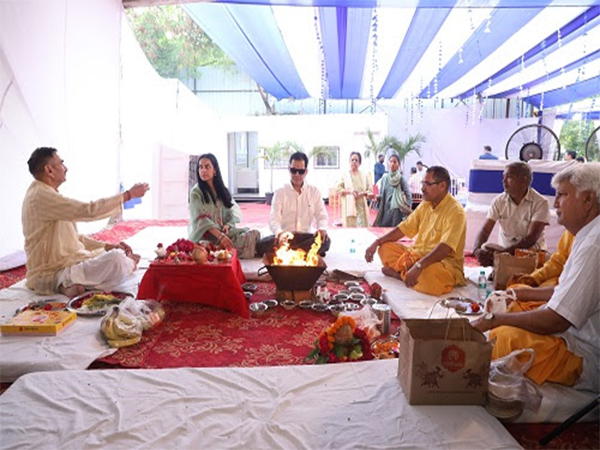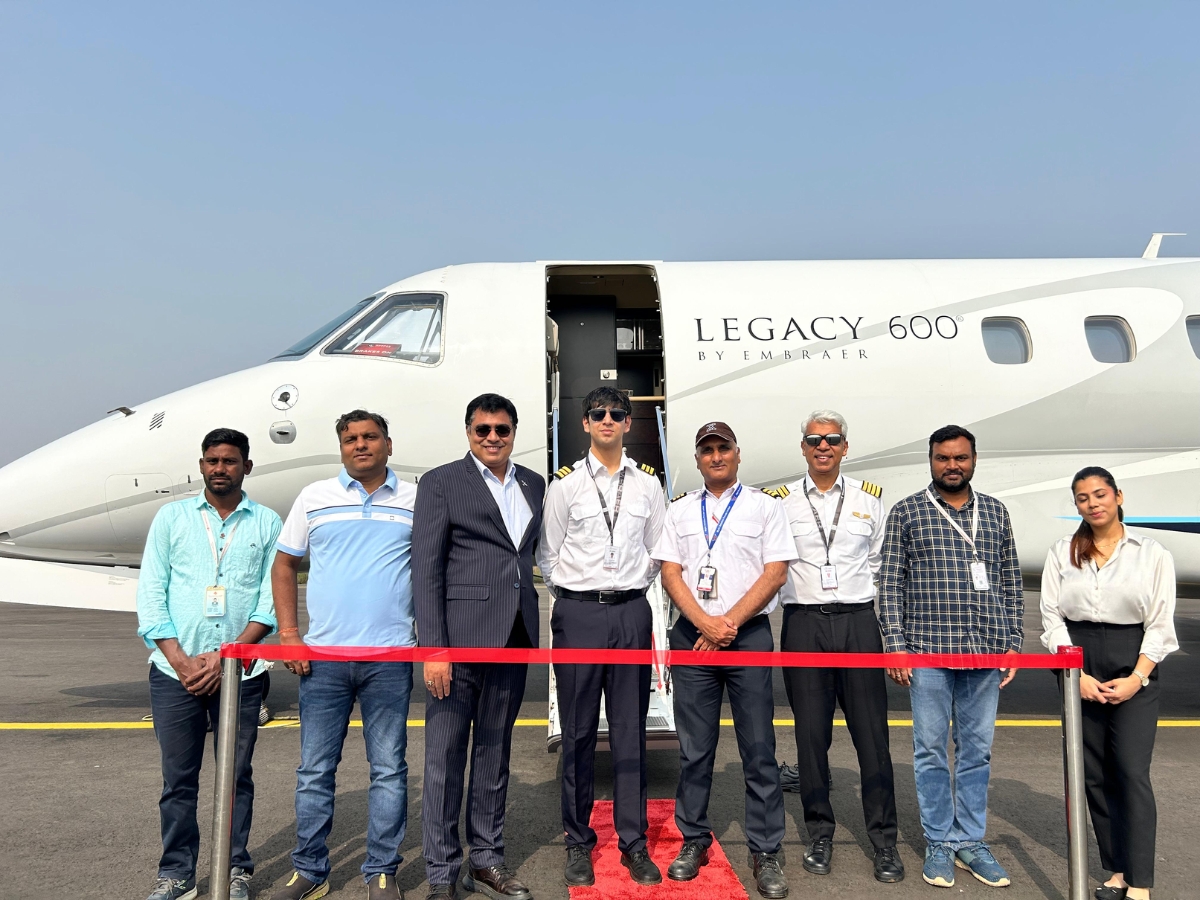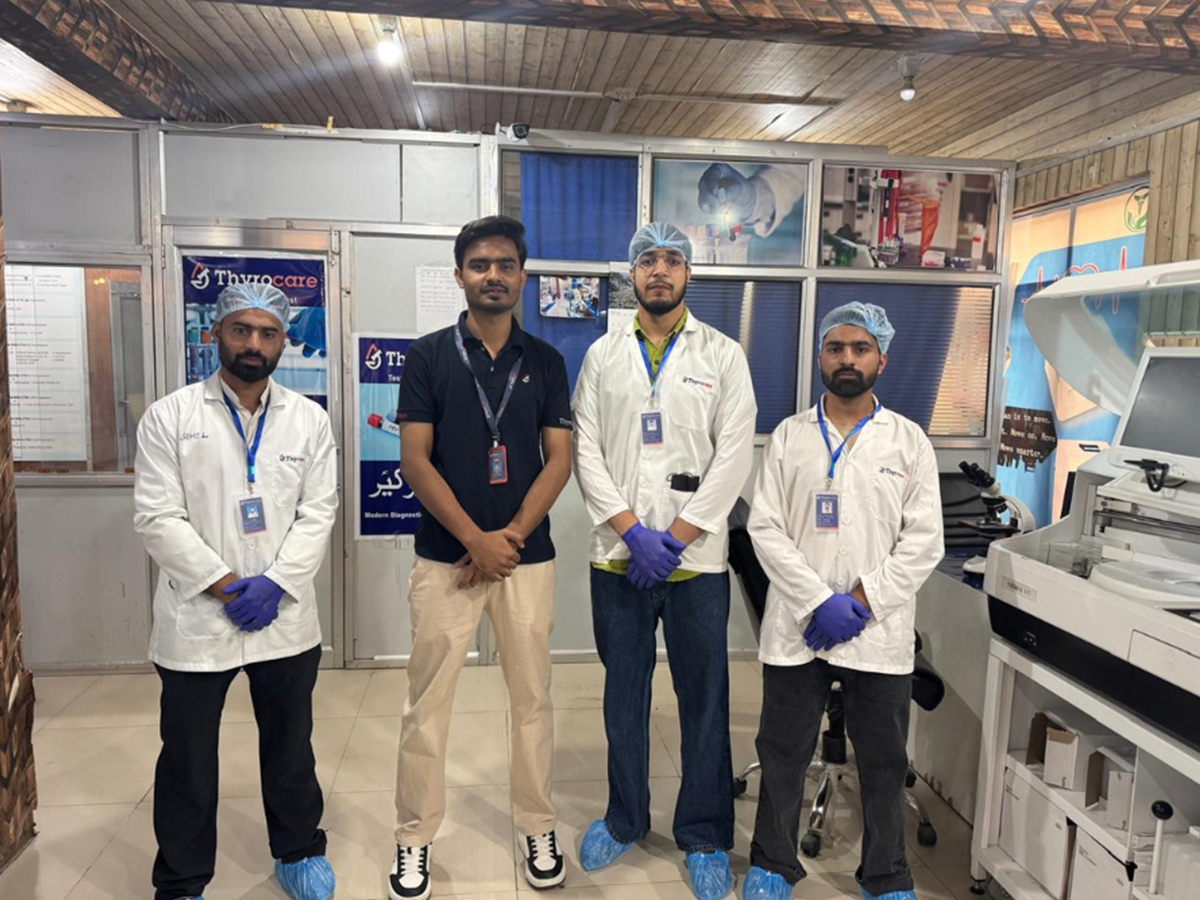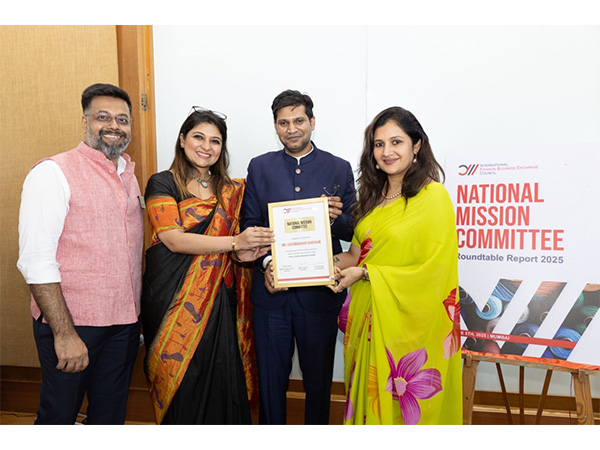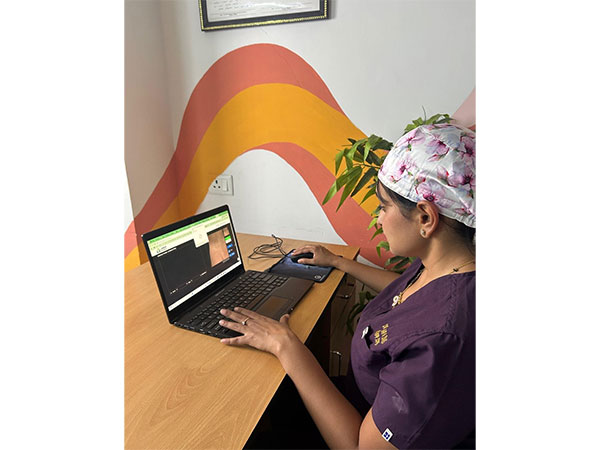
Kolkata's Daradia Clinic Unveils India's First Web-Based MSK Ultrasound Simulator, Transforming Pain Medicine Training
Jun 05, 2025
India PR Distribution
Kolkata (West Bengal) [India], June 5: In a major stride for medical innovation in India, Daradia: The Pain Clinic, a globally recognized center for pain management education based in Kolkata, has launched a groundbreaking web-based musculoskeletal (MSK) ultrasound simulator. This state-of-the-art learning tool is designed to teach MSK sonoanatomy essential for ultrasound-guided pain interventions, eliminating the traditional dependence on cadavers, patient volunteers, or expensive ultrasound machines.
Unlike conventional simulators that use artificial or computer-generated imagery, Daradia's platform is built entirely on authentic, high-resolution human sonographic images. Learners can explore anatomical structures in both long and short axis views, simulate probe positioning, and repeat procedures as often as needed--all from a browser window, without the need for installation or external hardware.
"This isn't just a simulator--it's an educational equalizer," said Dr. Gautam Das, founder of Daradia and a globally respected figure in interventional pain medicine. "Physicians in smaller towns or developing countries often don't have access to cadaveric workshops or ultrasound labs. This tool offers them the same quality of education as those in major academic centers."
Designed primarily for pain physicians, the simulator also serves as a valuable resource for specialists in radiology, orthopedics, neurology, anesthesiology, and physical medicine and rehabilitation (PM&R)--fields that increasingly rely on ultrasound-guided procedures for diagnosis and intervention.
Early Adoption and Strong Endorsement
Since its pilot release, the simulator has drawn nearly 1,000 users from India and abroad. Structured feedback from 131 early adopters reveals its strong educational impact:
* 94% of users had previous hands-on training with cadavers or volunteers.
* The simulator received a recommendation score of 9.48/10.
* Image realism was rated 8.96/10.
* Its usefulness for clinical application scored 9.16/10.
"I've attended cadaver workshops, but they last a day. This simulator let me revisit and study the shoulder anatomy over multiple sessions, which deepened my understanding," shared one participant.
The simulator provides a self-paced, repeatable learning experience with labeled anatomical structures, scanning paths, and region-wise navigation, enabling users to build visual and spatial understanding critical for interventional techniques like nerve blocks and fascial plane injections.
Built by Clinicians, Engineered for Doctors
The innovation is a result of a highly collaborative effort between clinicians and technology experts.
Dr. Sushpa Das, senior pain specialist and a lead contributor, highlighted the tool's educational design:
"This is more than a simulator--it's a structured learning journey through MSK anatomy. We created it to let learners build a clear mental map of anatomical relationships in ultrasound, even before handling a real probe."
The technical architecture was led by Ms. Nandini Vanzara, an engineer whose expertise shaped the platform's performance and usability:
"Balancing high-quality real images with smooth web delivery was our biggest challenge. We designed the interface around how clinicians think--everything from the scan flow to labeling is intuitive and efficient," she said.
The simulator runs on any modern browser, on both desktop and mobile devices, ensuring maximum accessibility. It includes features like step-wise scanning instructions, labeled cross-sections, and probe navigation tips to emulate a real-world scanning experience.
Addressing a Critical Educational Gap
As the demand for ultrasound-guided interventions grows globally, the gap in structured training--especially in MSK sonoanatomy--remains a challenge. In many regions, access to cadaver labs or live USG workshops is limited, either by cost or geography.
"Even experienced doctors may not get adequate MSK ultrasound exposure," said Dr. Das. "This simulator allows physicians to practice frequently, pause and review, and gradually build mastery--without the need for physical infrastructure."
This simulator is part of Daradia's broader mission to expand access to evidence-based pain education. The clinic already conducts online and offline fellowships, cadaveric workshops, and hands-on training for interventional pain procedures. Its educational outreach spans Asia, Europe, and the Middle East.
Try It Now
To encourage widespread adoption and collect feedback, Daradia is offering a free trial module of the simulator.
Interested physicians can register at: www.daradiasimlearn.com
To explore Daradia's broader educational offerings--including pain fellowships, simulation tools, and academic events--visit: www.daradia.com
For ongoing updates, educational news, and resources, current course: www.daradia.com/online-fellowship
(ADVERTORIAL DISCLAIMER: The above press release has been provided by India PR Distribution. ANI will not be responsible in any way for the content of the same)

